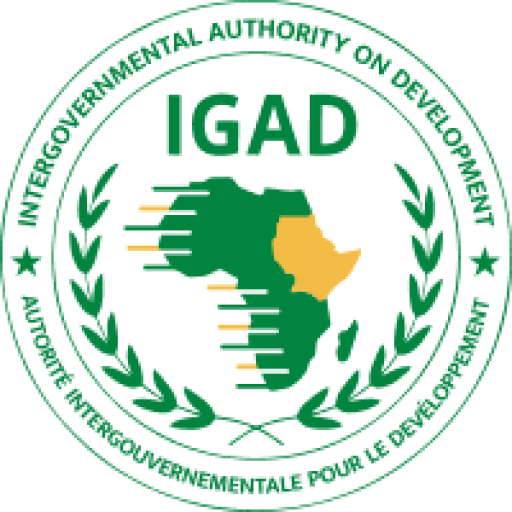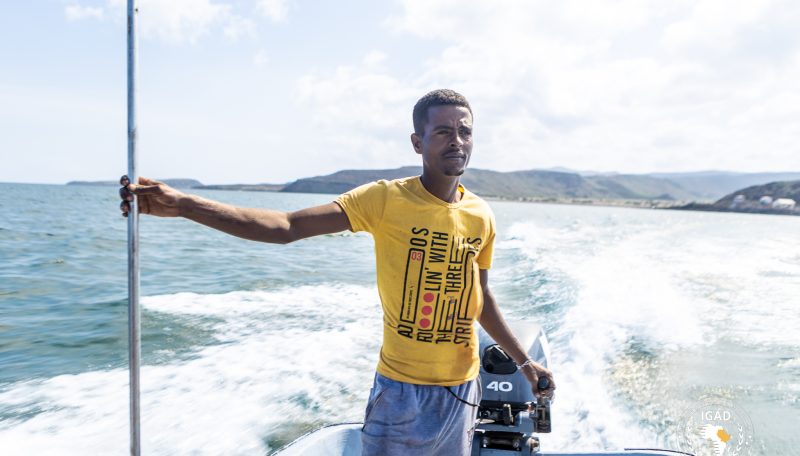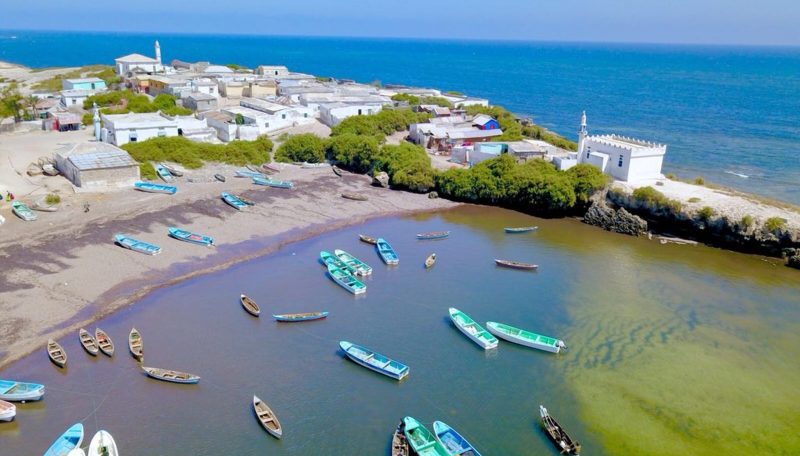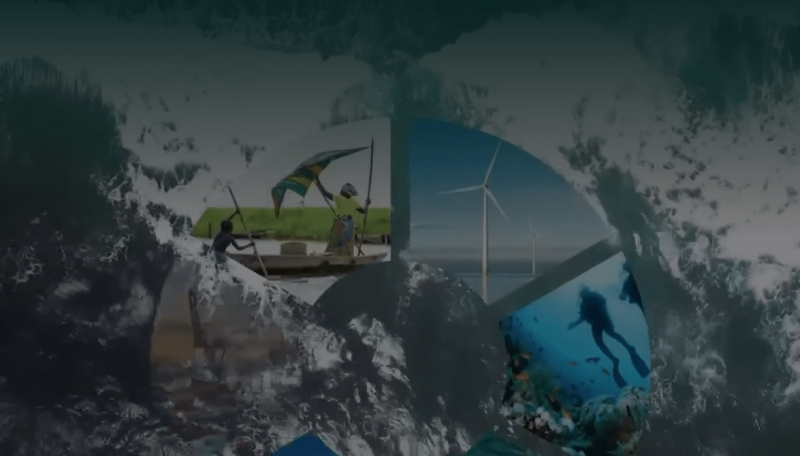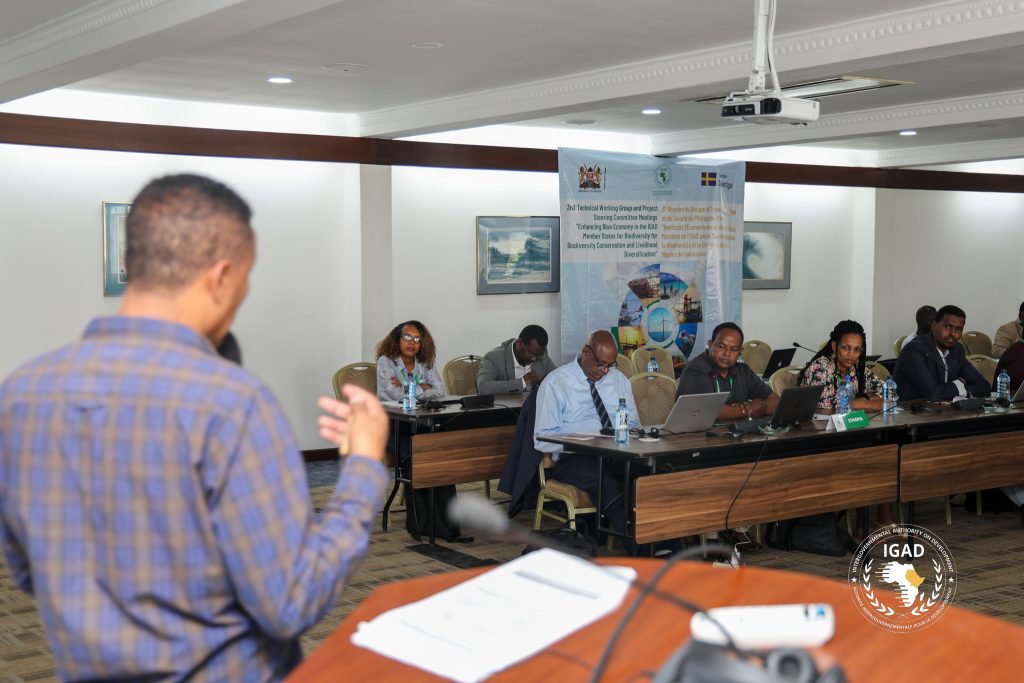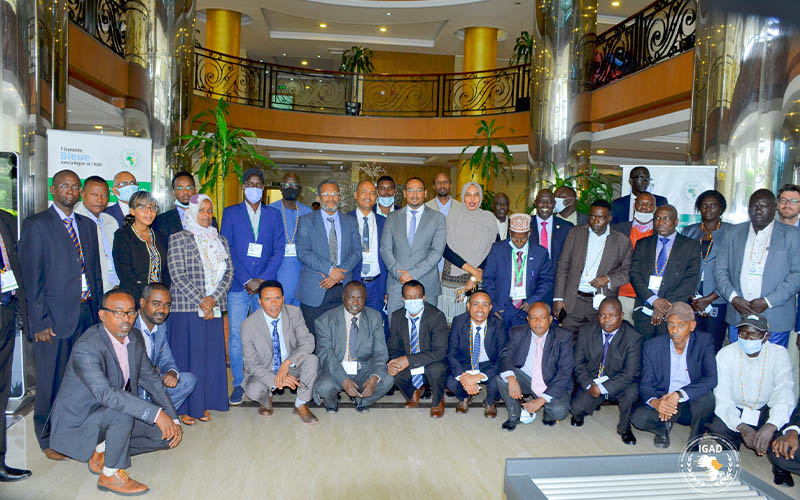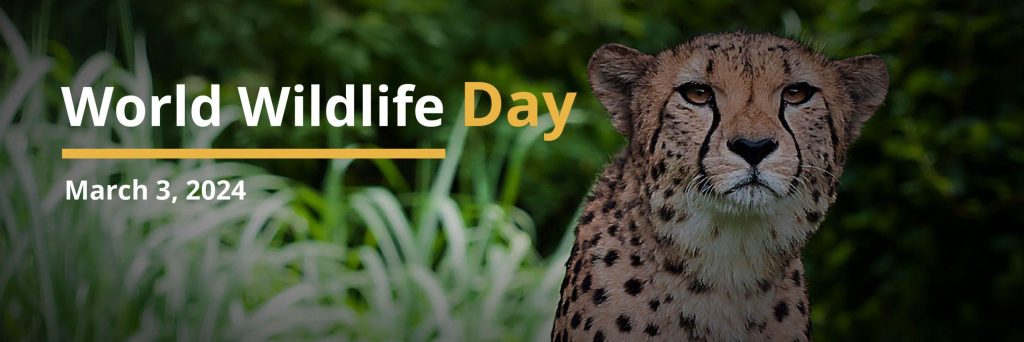Sustainable fisheries and aquaculture are critical to food security and livelihoods in the Intergovernmental Authority on Development (IGAD) region. With increasing population growth and rising demand for fish as a source of protein and income, it is essential to promote responsible fishing practices, develop aquaculture sustainably, and implement effective management strategies for fishery resources. Our programs in the IGAD region focus on capacity building for artisanal fishers, encouraging the adoption of eco-friendly fishing gear and techniques that minimize bycatch and habitat degradation. Additionally, we support the establishment of sustainable aquaculture systems that integrate environmental protection, biosecurity measures, and the use of quality feed and seed stocks. Furthermore, our initiatives emphasize the importance of science-based fisheries management, including stock assessments, implementing catch limits, and enforcing regulations to prevent overfishing and protect vulnerable species. By fostering cross-border collaboration and knowledge-sharing among IGAD member states, we aim to safeguard the region’s aquatic ecosystems, ensure the long-term sustainability of fishery resources, and enhance food security and economic opportunities for coastal and riparian communities.









